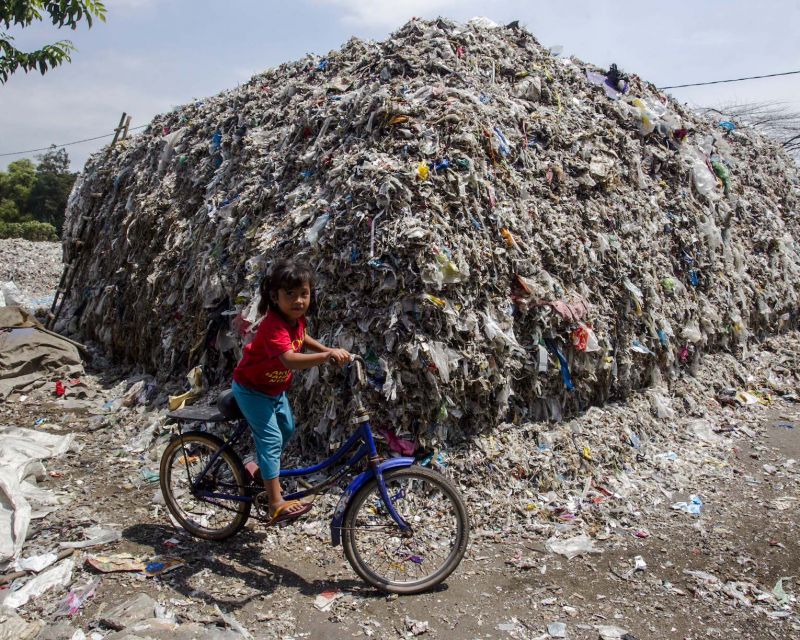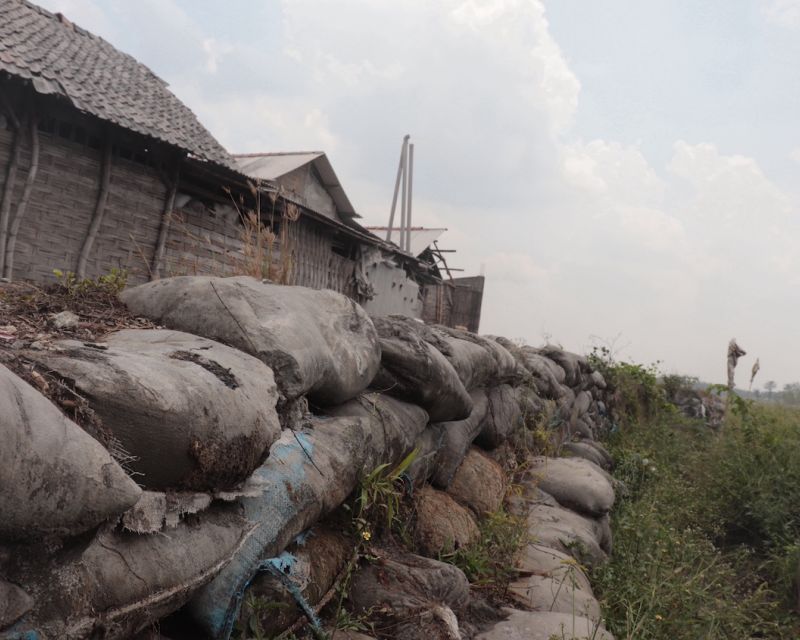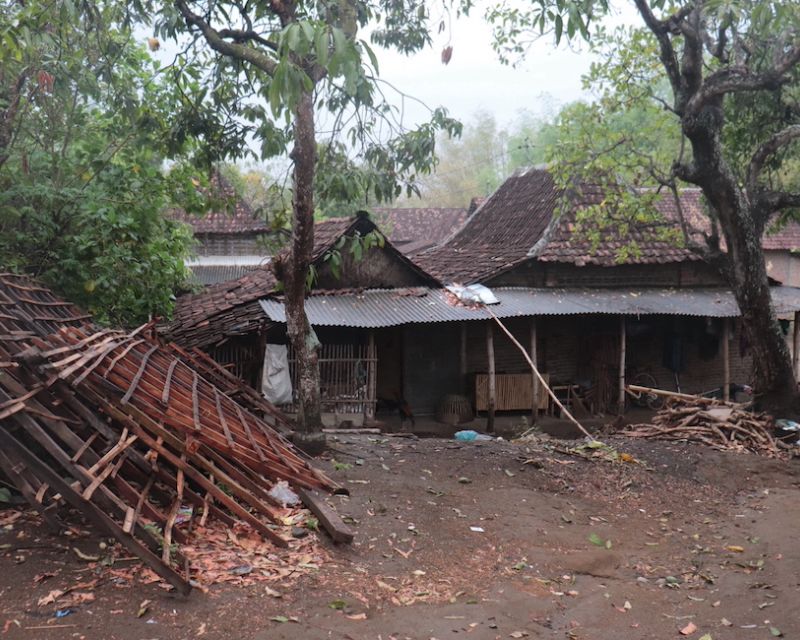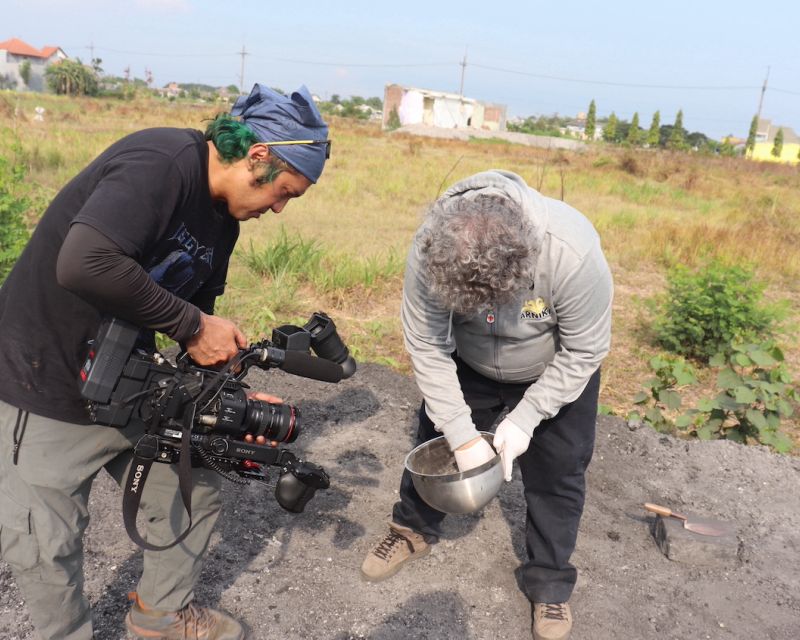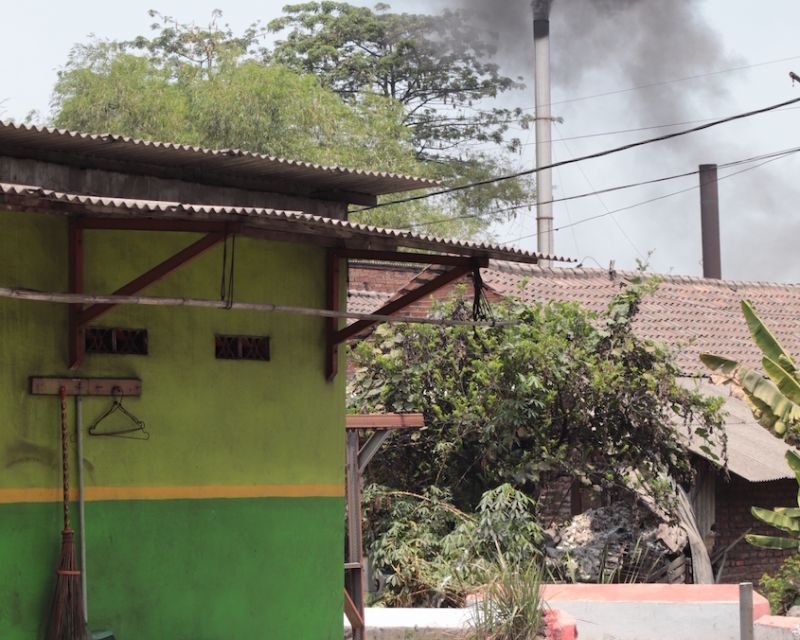Indonesia has 17,508 islands with over a quarter of a billion inhabitants. Add to this the mining and burning of coal, the felling and burning of rainforests, the mining of gold in small mines, and the import of waste are all threats to biodiversity, the environment, and the health of the population of Indonesia and are some of the country's biggest environmental problems. In addition, it is difficult for the island state to control the import of waste and raw materials, including the problematic mercury for gold mining
 Economic and industrial growth in Indonesia has not always been linked to appropriate regulations, so we are helping local organizations map the level of environmental pollution and its effects on the population's health. In 2012, we started with an analysis of mercury occurrence around small gold mines. Since 2018, we have been investigating pollution in the vicinity of places affected by the uncontrolled import of plastics from around the world on the island of Java.
Economic and industrial growth in Indonesia has not always been linked to appropriate regulations, so we are helping local organizations map the level of environmental pollution and its effects on the population's health. In 2012, we started with an analysis of mercury occurrence around small gold mines. Since 2018, we have been investigating pollution in the vicinity of places affected by the uncontrolled import of plastics from around the world on the island of Java.
In early 2021, together with the local Nexus3 Foundation, we launched a new project to create a network of NGOs to monitor pollution in the country, thereby strengthening the role of civil society in preventing toxic pollution and its impact on human health. The project also aims to support the starting up of the PRTR, Pollutant Release and Transfer Register, which is still lacking in Indonesia.
In the long term, we are also increasing the capacity of Indonesian citizens to understand toxic pollution, record it and use this data in their dealings with politicians and authorities. These and other activities can be successfully pursued thanks to the support of the international network IPEN, the European Union and the Transition Promotion Programme of the Ministry of the foreign affairs of the Czech Republic.




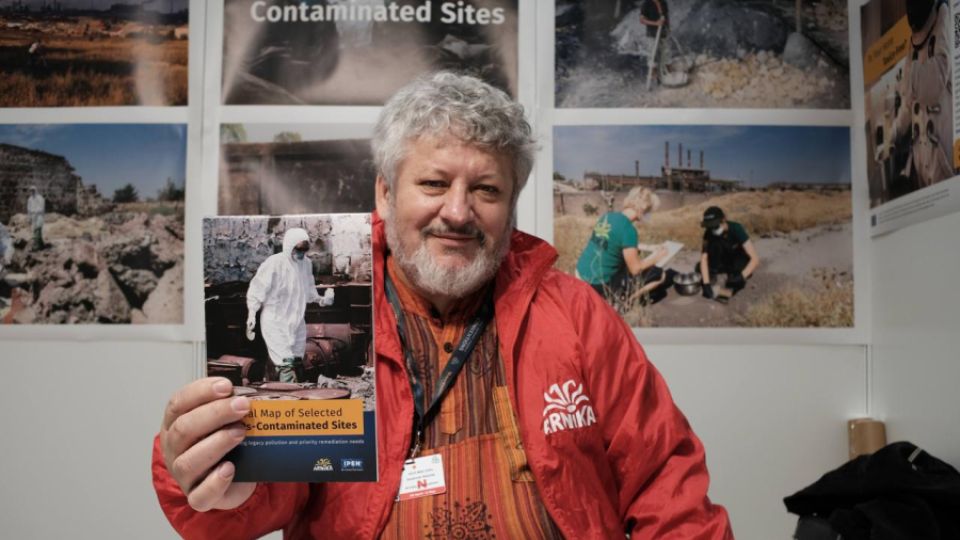
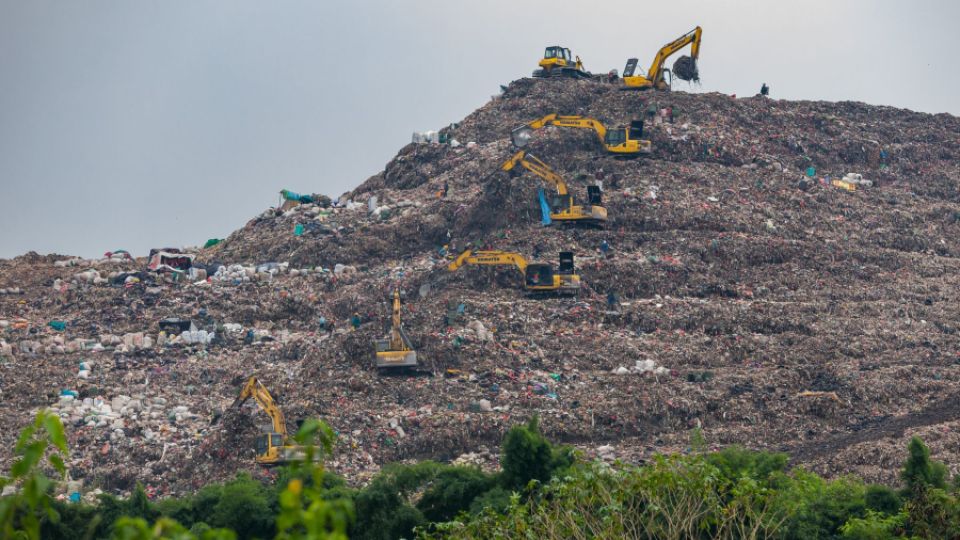
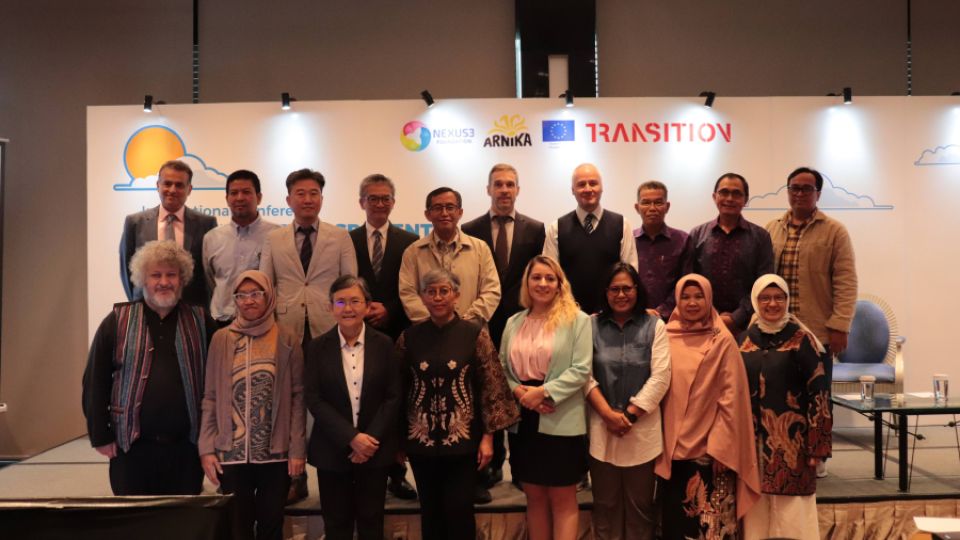
 Economic and industrial growth in Indonesia has not always been linked to appropriate regulations, so we are helping local organizations map the level of environmental pollution and its effects on the population's health. In 2012, we started with an
Economic and industrial growth in Indonesia has not always been linked to appropriate regulations, so we are helping local organizations map the level of environmental pollution and its effects on the population's health. In 2012, we started with an 
